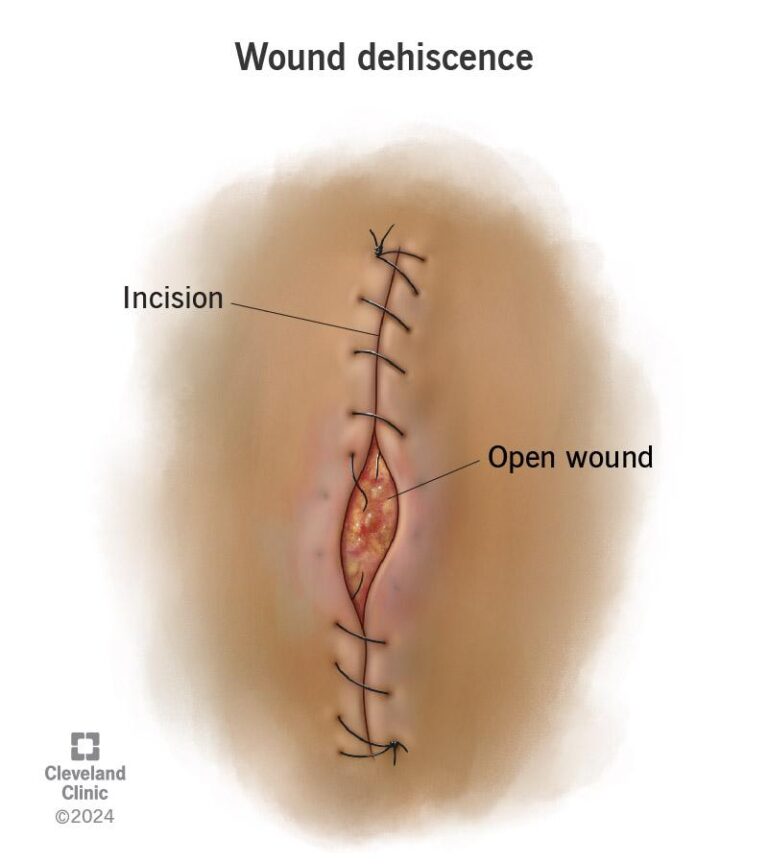Guinea’s Upcoming Referendum: Navigating Media Restrictions and Democratic Challenges
As Guinea prepares for a critical constitutional referendum, the nation finds itself at a crossroads marked by heightened media censorship and political tension. The official campaign launch has coincided with the enforcement of strict regulations on press freedom, drawing intense scrutiny from both domestic stakeholders and international observers. This referendum aims to amend the constitution to extend presidential terms, igniting widespread debate and opposition across various sectors of society. The evolving political climate raises pressing questions about transparency, voter awareness, and the role of independent journalism in safeguarding democratic principles.
Media Censorship Casts Shadow Over Guinea’s Referendum Campaign
The unfolding referendum campaign is taking place under an increasingly restrictive media environment that has alarmed civil rights advocates and election monitors alike. Numerous news outlets have reportedly been barred from airing dissenting opinions or critically analyzing the proposed constitutional amendments. Journalists face mounting pressure amid threats of punitive actions, fostering an atmosphere where self-censorship becomes a survival tactic rather than choice.
This clampdown on information dissemination risks undermining public understanding of what is at stake in this vote. Political experts warn that when access to balanced reporting diminishes, voters struggle to make well-informed decisions-a cornerstone of any credible electoral process. In response, activists have turned toward social media platforms as alternative channels for dialogue; however, fears persist over intensified government surveillance aimed at curbing digital dissent.
The Impact of Information Suppression on Voter Participation
Restricting free flow of information during such a pivotal moment carries profound consequences for civic engagement:
- Diminished Public Confidence: Reliance on state-controlled narratives breeds skepticism among citizens regarding official communications about the referendum.
- Stifled Civic Discourse: Without open forums for debate or critical analysis, many voters remain unaware or confused about how constitutional changes might affect their rights.
- Lower Electoral Turnout: A disengaged electorate deprived of diverse viewpoints may opt out entirely from participating in the vote-jeopardizing its legitimacy.
The suppression extends beyond immediate voter behavior; it threatens democratic institutions themselves by enabling unchecked governmental authority while eroding norms essential for pluralistic governance. Additionally:
- Erosion Of Democratic Standards: Curtailing independent journalism normalizes authoritarian tendencies that could become entrenched long-term.
- Sociopolitical Polarization: As citizens seek alternative news sources online-often unverified-the risk increases that misinformation will deepen societal divides ahead of crucial decisions.
- Deterioration Of International Reputation: Global observers may question whether Guinea’s referendum meets accepted standards for fairness and transparency-potentially affecting diplomatic relations and foreign aid considerations.
Paving The Way For Greater Transparency And Inclusive Participation
Tackling these challenges requires concerted efforts from both government authorities and civil society actors committed to upholding democratic values throughout this process. Key recommendations include establishing an autonomous electoral oversight committee composed equally of local representatives alongside international election experts to ensure impartial monitoring throughout voting phases.
A transparent information ecosystem can be fostered through initiatives such as comprehensive voter education campaigns designed not only to explain procedural details but also contextualize potential impacts clearly across diverse communities nationwide. Leveraging digital tools responsibly-for example creating moderated online discussion forums-can empower citizens while mitigating risks associated with misinformation spread via unregulated channels.
Cultivating an environment supportive of press freedom remains paramount; legal reforms should guarantee journalists’ rights against censorship or intimidation tactics so they can report objectively without fear.
Strengthening grassroots media capacity through targeted training programs will enhance quality coverage focused specifically on electoral issues.
Collaborations between local outlets and reputable international news organizations can broaden perspectives available within Guinea’s public sphere.
Finally, expanding community-based broadcasting platforms encourages direct citizen engagement by providing accessible spaces where concerns are aired openly before decision-makers respond transparently.
| Initiative | Purpose & Description |
|---|---|
| Journalist Capacity Building Workshops | Aim to equip reporters with skills necessary for impartial coverage surrounding complex constitutional topics during elections. |
| Bilateral Media Partnerships | Create opportunities for knowledge exchange between Guinean journalists and global counterparts enhancing reportage diversity & depth. |
| Civic Engagement Broadcast Channels | Create dedicated radio/TV slots facilitating interactive dialogues between policymakers & constituents fostering mutual understanding. |
A Defining Moment: What Lies Ahead For Guinea?
The upcoming referendum represents more than just a legal amendment-it symbolizes a test case reflecting broader tensions between centralized power structures versus participatory democracy within Guinea’s evolving political landscape. With stringent controls constraining traditional media avenues yet growing reliance upon digital activism fraught with risks,a delicate balance must be struck if meaningful progress toward inclusive governance is desired.*┬Ā*
The world watches attentively as Guinean citizens prepare their ballots amid these complexities – aware that outcomes here could resonate far beyond national borders by influencing regional stability trends across West Africa.
Ultimately ensuring transparent processes supported by free expression will determine whether this historic juncture strengthens democratic resilience or accelerates authoritarian consolidation within one of Africa’s most geopolitically significant nations today.*┬Ā*







